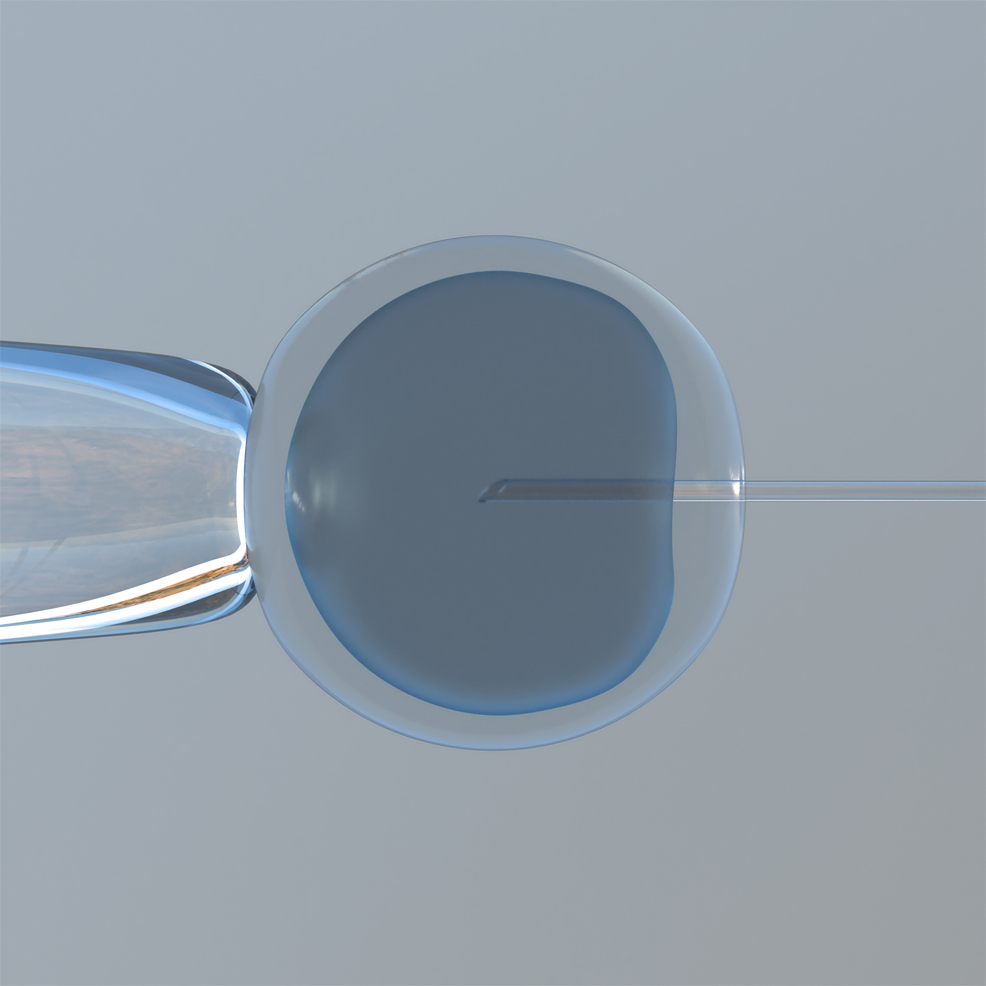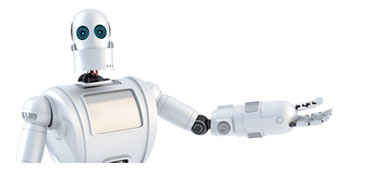
16th June 2023 Synthetic human embryo created for first time Researchers at the University of Cambridge and Caltech report the creation of the first synthetic human embryo from stem cells, without the need for sperm or egg cells.
In a major advance for biology, the first creation of a synthetic human embryo has been announced during the annual meeting of the International Society for Stem Cell Research in Boston, Massachusetts. Leading the work is Professor Magdalena Zernicka-Goetz, who performs work at both the University of Cambridge and the California Institute of Technology. Professor Zernicka-Goetz's breakthrough is yet to be peer-reviewed and published. If her full report and data proves to be accurate, however, it suggests that "synthetic" human embryos can be made from stem cells – as opposed to the usual fusion between an egg and sperm. Stem cells are hugely promising in terms of medical research, because of their potential to differentiate into various cell types, making them the building blocks for all types of tissue in the body. There are two main types: embryonic and adult stem cells. Embryonic stem cells, as the name suggests, come from embryos. They are pluripotent, which means they have the ability to become any cell type in the body. Pluripotency is crucial for the development of an embryo into a fetus, as it allows the formation of all the different tissues and organs needed for a fully formed human being. Adult stem cells, by contrast, are more limited in their potential and can usually only become the type of cell found in the tissue where they reside. For example, blood stem cells can become various types of blood cells, but not brain cells. However, scientists have also discovered ways to revert adult cells back to a state similar to embryonic stem cells, creating what are known as induced pluripotent stem cells (iPSCs). Previously, Zernicka-Goetz's team had generated embryoids from the stem cells of a mouse, which displayed the beginnings of a brain, heart, and intestinal tract after eight days of development. For this new study, they used embryonic stem cells from a human, coaxing them to develop into three distinct tissue layers: cells that would typically go on to become a yolk sac, placenta, and the embryo itself. She and her team reportedly sustained optimal conditions for their creation to pass through the first 14 days of development and, in fact, become an embryo. "This has significant implications," said Dr Ildem Akerman, Associate Professor in Functional Genomics at the University of Birmingham. "To begin with, it will provide scientists with a model to investigate the events that occur during the initial 14 days of life. Up until now, we have only been able to observe such processes in animal models like zebrafish and mice. Having this knowledge can be immensely valuable for regenerative medicine. It can give us valuable insights into genetic disorders. Additionally, it can contribute to the advancement of in vitro fertilisation (IVF) technologies." But while the science continues to advance rapidly, ethical and legal considerations also remain at the forefront of the discussion. Most countries currently have a guideline in place for human embryonic research, which stipulates that experiments with intact human embryos must not allow them to develop beyond 14 days. The reasoning behind this rule is largely ethical and societal, rather than scientific. The 14-day mark is seen as a pivotal point in human development since the "primitive streak" forms around that time: the first visible emergence of a nervous system. This is often associated with the beginning of individual development, as before this point, the embryo can still split into twins. Thus, many ethicists consider it the moment at which an embryo begins to gain moral status. The Ethics Advisory Board of the U.S. Department of Health, Education, and Welfare (now the Department of Health and Human Services) first proposed the rule in the late 1970s. Various other bodies later endorsed it, including the Warnock Committee of the United Kingdom in 1984, which became influential in shaping policy in many countries. Debates are ongoing about the relevance of this argument in the early 21st century, and the precise point of moral status. Some believe it should be even sooner, while others contend it should be considered later, when the embryo grows into a fetus and can feel pain or have brain activity. "We know remarkably little about this step in human development, but it is a time where many pregnancies are lost," said Roger Sturmey, Senior Lecturer of Reproductive Medicine at the University of Manchester. "So models that can enable us to study this period are urgently needed to help to understand infertility and early pregnancy loss." "These new findings suggest that we could soon develop the technology to grow these cells beyond the 14-day limit, with potentially more insights to gain into human development," added Dr Akerman. "Nevertheless, the ability to do something does not justify doing it; ethical frameworks should be established and maintained in line with the public's view on the subject. Perhaps it's time for a new Warnock Committee to convene and determine the ethical framework in line with the technology we have and the current public opinion. There are many ethical issues to be discussed."
Comments »
If you enjoyed this article, please consider sharing it:
|








